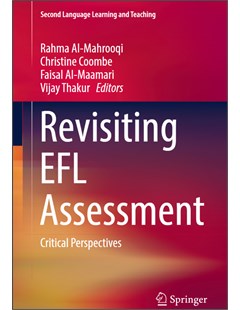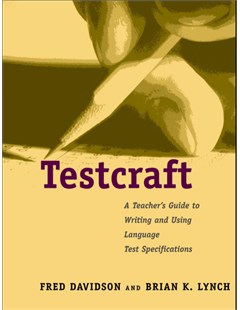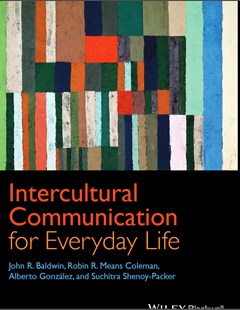Revisiting EFL assessment: Critical perspectives.
Includes 20 chapters on assessment by specialists in the field. Reflects research conducted around the globe Up-to-date and exclusively focused on assessment, it can be readily used as a textbook for courses on assessment
2017
Assessment is broadly defined as the activities teachers assign to learners todiagnose their learning proficiency or achievement for the purpose of directing andinfluencing the teaching-learning experience (Cheng, Rogers, & Wang,2007). It is,hence, an integral part of any formal instructional endeavor. In fact, assessment is an important part of any well-structured educational process. While it is essential for a scertaining the achievement of educational goals and objectives, it is also avital ingredient for continuing improvement and reform. However, assessing stu-dent performance is far from a straight forward process since it cannot be removedfrom the socio-historical context in which it exists (McNamara,2000). It is for this reason that, traditionally, assessment has been concerned with the product and withfinding weaknesses in student learning, usually at the end of a course (summativeassessment).
Contents:
Assessment Literacy;
Theoretical Perspectives on Assessment;
Skill - Area Assessment;
Alternative Assessment;
Future Perspectives on Assessment
Al-Mahrooqi, R. Revisiting EFL assessment: Critical perspectives. Springer, 2017.
 |  |  | |
| Testcraft: A teachers guide to writing and using language test specifications | Intercultural Communication for Everyday Life |
Thứ Tư, 11:15 27/04/2022
Copyright © 2018 Hanoi University of Industry.